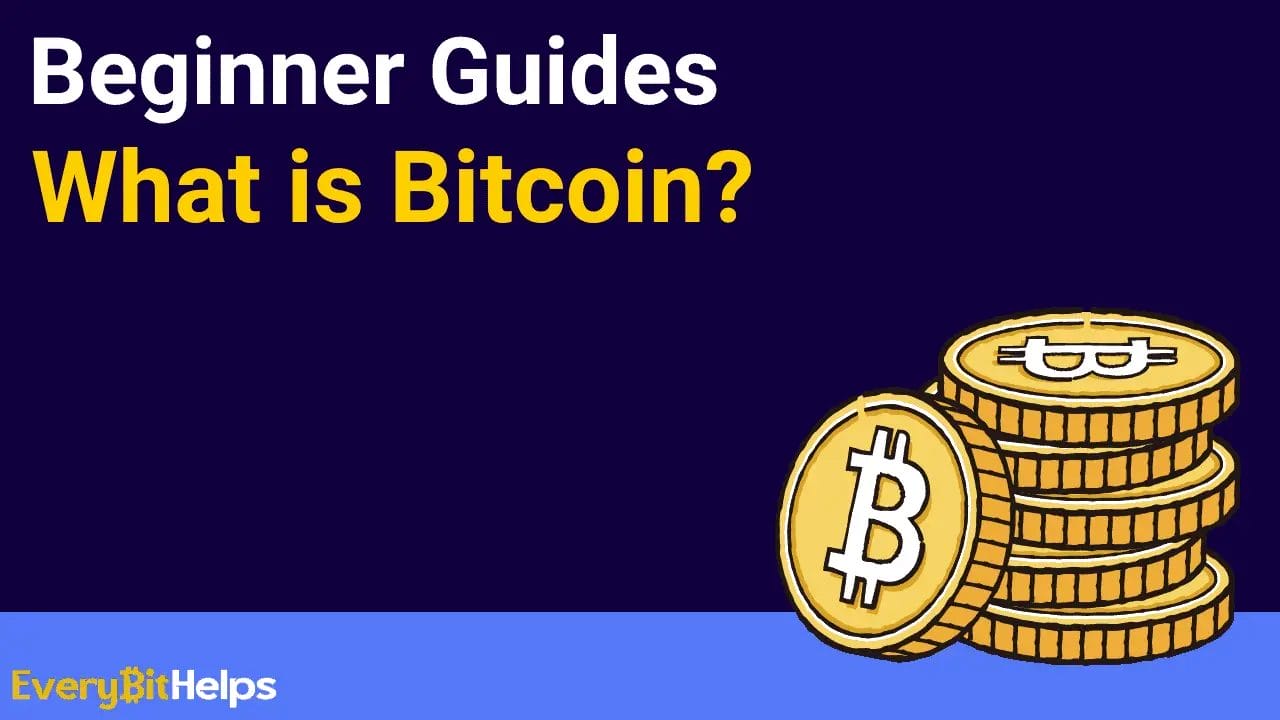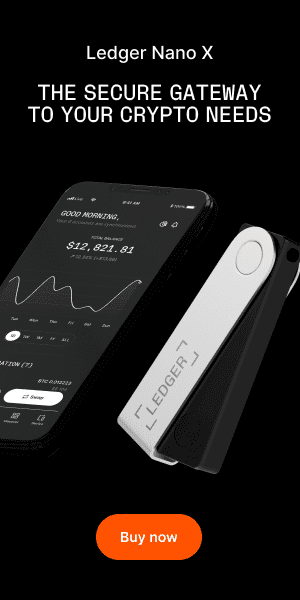Are you curious about the buzz surrounding Bitcoin? Want to know what Bitcoin is and how Bitcoin works? Look no further! In this comprehensive guide, we dive into the world of Bitcoin and demystify the technology behind it. From its creation to its potential impact on the financial industry, we’ll cover all the essential information you need to understand the basics of Bitcoin.
Bitcoin is a revolutionary digital currency that has disrupted the world of finance. With its decentralized structure and cryptographic security, Bitcoin enables users to transfer funds without the need for trust or third-party authorization. Additionally, Bitcoin offers users greater privacy and control over their finances, making it an attractive option for those looking to make secure and private payments online.
With its low fees and fast transactions, Bitcoin is becoming increasingly popular among both merchants and consumers. With a better understanding of how Bitcoin works, more people will be able to make the most of this revolutionary technology.
What is Bitcoin?
Bitcoin is a digital currency that was created in 2009. It is a decentralized peer-to-peer system that allows users to securely and quickly transfer value without the need for intermediaries.
Transactions are verified by network nodes through cryptography and recorded in a publicly distributed ledger called a blockchain. Bitcoin is powered by a distributed ledger technology called blockchain, which records and stores all Bitcoin transactions on a public ledger.
This makes Bitcoin more secure than traditional payment systems, where data is stored in centralized locations.

How Does Bitcoin Work?
When you make a purchase with Bitcoin, your computer mines new Bitcoins from a block of verified transactions. This process is called “bitcoin mining” and is how new Bitcoins are created. Bitcoin mining is how new Bitcoins are put into circulation and helps to secure and verify the blockchain.
Total Control of Your Money
Bitcoin was created so that you could have complete control over your money. To use Bitcoin and make bitcoin payments, you are not dependent on banks or governments to move your money from one location to another.
Unlike banks that ask for multiple documents when opening your account, you only need a crypto wallet to perform transactions on the Bitcoin network. Most crypto wallets like Metamask can be created using an email address.
Limited Supply
Bitcoin has a total supply of 21 million. This is programmed into the network, and no more Bitcoin can be created once these 21 million tokens have been unlocked. Currently, around 19 million tokens have been unlocked, and we will continue to see lower supply unlock as we move closer to that 21 million mark.
Unlike the US Dollar, which has an infinite supply, Bitcoin serves as a perfect store of value due to its limited supply.
Uncontrollable
Since the Bitcoin network has millions of nodes, no single participant can control the network. If you want to make changes, you need the consensus of the whole network. Unlike fiat currencies that national governments control, Bitcoin cannot be controlled by a group of people.
Since no one controls it, the fundamentals of the currency will never change. It will always remain decentralized, have a limited supply and be transparent. These features make the Bitcoin network unique from previous methods of money. It also makes Bitcoin immune to attack and ensures confidence in Bitcoin as a currency.
Private Yet Transparent
All transactions on the Bitcoin network are recorded, but your personal details remain private.
When you make a transaction on the network, you will not see your name on the central ledger but rather your wallet address, which is an alphanumeric string of 26-35 characters. This means that although everyone can see the transaction, they will never know that you are making it.
This ensures privacy for your transactions while being completely transparent. Unlike our traditional financial system, all Bitcoin transactions can be traced and seen in real-time on the Bitcoin blockchain explorer.
Today, Bitcoin is legal tender in El Salvador, and the Central African Republic, and most prominent businesses are waking up to its potential. In countries like Venezuela, where money has failed to act as a means of exchange, Bitcoin is being used by the local population to shelter their purchasing power.
Bitcoin still has a long way to go, but recent institutional developments have shown that Bitcoin is on its way to mass adoption.
History of Bitcoin
Bitcoin first emerged in 2009 as a concept when a pseudonymous developer Satoshi Nakamoto published a whitepaper introducing the idea of a peer-to-peer electronic cash system. Satoshi proposed the concept of a cryptocurrency called Bitcoin, where transactions will happen directly between two people without the need for intermediaries like banks and financial institutions.
However, Bitcoin didn’t gain widespread adoption until 2013. At that point, Bitcoin became a reality when developers and entrepreneurs began to build applications on top of the Bitcoin network. Today, over 100,000 active merchants and vendors accept Bitcoin as payment, making it one of the most widely used digital currencies in the world.
Bitcoin is built and operates on a blockchain, ensuring complete transparency and security of all transactions on the Bitcoin network.
FUN FACT: Satoshi Nakamoto has remained anonymous to this day and holds 1 million in his Bitcoin wallet.
The Benefits of Using Bitcoin
There are many benefits to using Bitcoin, including security, privacy, and control over your finances. Bitcoins are immune to government interference and can be used to purchase anything that can be bought with traditional currencies.
Additionally, there is no need to worry about high fees associated with traditional payment systems. Finally, because no central authority governs Bitcoin, it is resistant to abuse by malicious actors.
Where to Buy Bitcoin?
There are several ways to buy Bitcoin. The most popular and secure way is to buy Bitcoin via a cryptocurrency exchange. You can buy Bitcoin from cryptocurrency exchanges such as Coinbase, Binance, Kraken, and OKX. These crypto exchanges provide a secure platform to buy, sell, and store Bitcoin with a debit card, via a bank account or using other virtual currencies. You must provide personal information and verify your identity to buy Bitcoin on these exchanges.
Another way of buying Bitcoin is via a peer-to-peer platform such as LocalBitcoins. Here, you can buy Bitcoin from other traders without going through an exchange. This method is useful if you want to buy Bitcoin quickly and without verifying your identity.
Finally, you can also buy Bitcoin from a Bitcoin ATM. Bitcoin ATMs are machines located in public areas that allow you to buy Bitcoin with fiat currency. They are easy to use and usually have low fees, making them an attractive option for those who don’t want to go through an exchange.
FAQs
Is Bitcoin Real Money?
Bitcoin is a type of digital or virtual currency that uses cryptography for security and operates independently of a central bank. Some people consider it to be a form of real money, while others believe it does not yet meet all the criteria to be considered as such. The debate over whether Bitcoin is real money continues as it gains popularity and its use becomes more widespread.
What is Bitcoin, in Simple Words?
Bitcoin is a digital currency that allows people to make online transactions without needing a middleman, such as a bank. Transactions with Bitcoin are recorded on a public ledger called a blockchain, which helps ensure each transaction’s authenticity and security. The supply of bitcoins is limited so the value can fluctuate, similar to traditional currencies.
How Does Bitcoin Make Money?
Bitcoin does not make money in the traditional sense, as it is not a company or a stock. Instead, Bitcoin operates as a decentralized, peer-to-peer network.
Miners, who are participants in the network, make money by verifying transactions and adding them to the blockchain. They are incentivized to do this through the creation of new bitcoins, which are awarded to them as a reward for their computational efforts. Additionally, miners earn fees for the transactions they verify, which adds to their profits.


